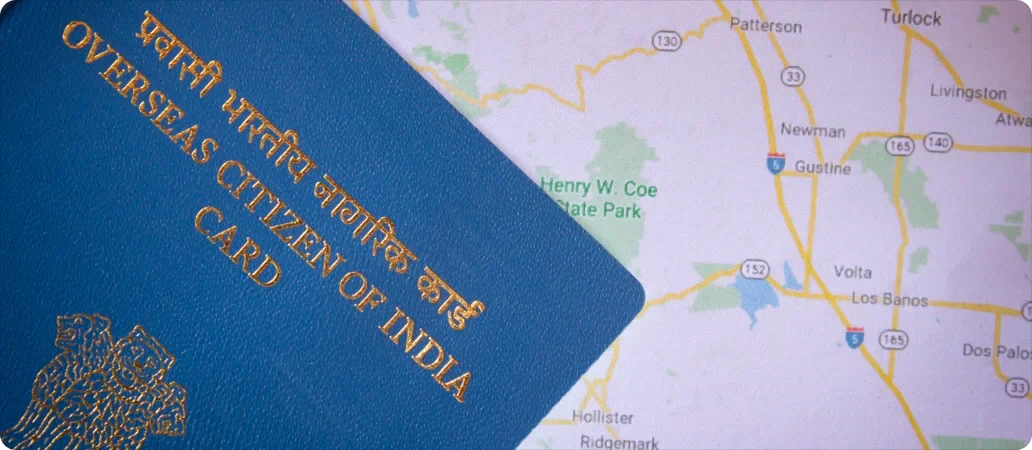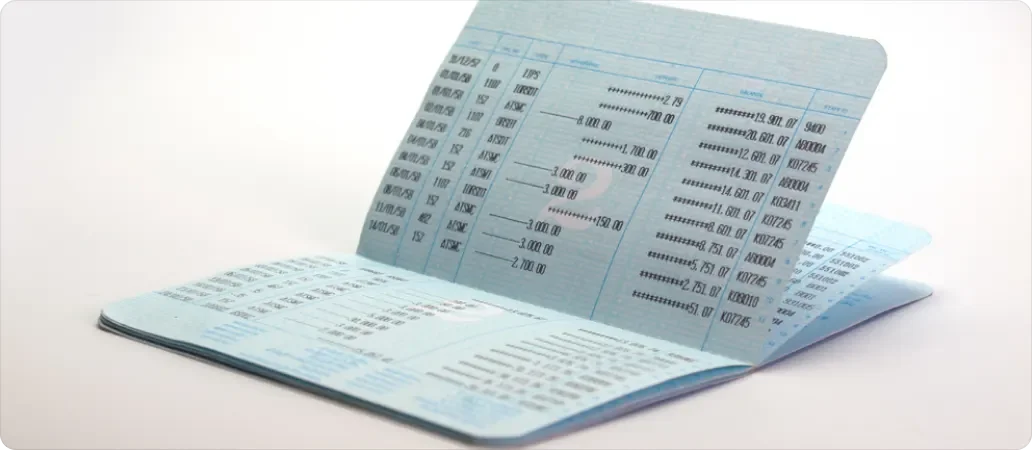NRI banking is readily available across leading Indian banks and financial institutions. There are also several NRI account benefits offered to customers in this category. Here is a closer look at the same in this guide.
NRI Banking Solutions Available for Customers
There are several NRI banking services offered to customers by leading banks like Unity Small Finance Bank. These include the following:
- Non-Resident External (NRE) Accounts
- Non-Resident Ordinary (NRO) Accounts
- NRE and NRO Fixed Deposits
- Recurring Deposits
- Safe Deposit Locker Facilities
What Are NRE and NRO Accounts?
NRE (Non-Resident External) and NRO (Non-Resident Ordinary) accounts are key pillars of NRI banking. The former may be used as a bank account for the transfer of foreign income in Indian rupees back home. The latter may be used as a savings account for managing income that is earned here in India (in Indian rupees), such as rentals, pension, dividends, and so on. Deposits which are made to NRE accounts, including interest, are completely Repatriable, while NRO accounts come with limits on repatriation. You may repatriate up to a handsome USD$1 million every financial year from NRO accounts after paying all taxes which are applicable. NRE account deposits are free from taxes, while NRO account interest is subject to TDS (Tax Deductible at Source). NRE accounts may be held by two NRIs jointly or even an NRI with a resident Indian. NRO accounts may be opened by NRIs with other NRIs or Indian citizens. You may also transfer funds between NRE accounts and from NRE accounts to NRO/resident Indian accounts. However, funds from NRO accounts can only be transferred to resident and NRO accounts, and not any NRE account. NRE & NRO accounts are maintained in INR hence there is no exchange rate risk.
How Do You Access and Manage NRI Accounts?
You can start transacting from your NRI account once it is opened and you get all the key details. Wire transfers can be used for foreign transactions in most cases, including electronic money transfers across various banks, often via SWIFT for global transfers. You have to reach out to foreign banking institutions for wire transfer initiation for the necessary amount. You have to initiate this yourself via your Indian account likewise, while offering proper beneficiary details. Some other ways to transact include cheques, drafts in foreign currency, ATM card deposits, and so on. You should always check the available transaction options at your bank beforehand. Online banking will help you manage and track your account anywhere in the world.
Key Features of NRI Accounts
Here are some of the NRI account benefits that you can expect.
- Up to Rs. 1 lakh - 6%
- More than Rs. 1 lakh and less than Rs. 5 lakhs - 7%
- More than Rs. 5 lakhs and less than Rs. 20 lakhs - 7.25%
- More than Rs. 20 lakhs to Rs. 5 crore- 7.50%
- More than Rs. 5 crore - 7.75
Banks like Unity Small Finance Bank also pay the interest on a monthly basis for maximum NRI account benefits
Interest Rates on NRI Accounts
Here is a glimpse of the interest rates offered on NRI accounts:
- Flexible average minimum balance of Rs. 10,000 per month (this is the amount that you should maintain as a minimum threshold each month)
- Zero-balance current and savings accounts for enabling greater convenience for NRI families who are in India.
- Rupay Select Debit Cards for ease of payments and withdrawals along with exclusive travel benefits like insurance coverage and lounge access.
- NRIs can easily protect their valuables and precious items while abroad, by availing of locker deposit facilities. There are discounts up to 25% on lockers for NRIs at Unity Small Finance Bank.
- NRIs can also avail of a dedicated personal banking concierge who will assist them with all their requirements.
Documents Required for NRI Accounts
Here are some of the documents that are necessary to set up NRI accounts.
- Colored and passport-sized photographs (recent)
- Photocopy of valid passport as identity proof
- PAN Card/Form 60 copy
- NRI Status Proof- Valid work permit/visa copy or overseas resident card or PIO/OCI cards
- Proof of overseas address- Driving license, utility bill, or letter from employer
- Local address proof- Aadhar card, utility bill, undertaking from close relative with his/her address proof
- Occupation proof
- For seafarers, there is the requirement of the Continuous Discharge Certificate (CDC) and the seamen’s ID card
How to Open NRI Accounts
What is the process of opening an NRI account? Here the key aspects that you have to keep in mind.
- Customers can visit their nearest branches with required KYC documents in case of Face-to Face onboarding
In case of Non-Face-to-Face onboarding following steps to be followed:
- They can also download the form from the official website of the bank
- Customers have to gather their self-attested KYC documents with attestation from either the notary public abroad or Indian Consulate General or Embassy where the customer resides
- The signature on the form for opening the account should also have attestation from the authorities mentioned above
- Customers may send the form with all documents via courier to the branch
- The branch will then take the account opening process forward
Advantages of NRI Banking Services
Here are some of the benefits that you can get with NRI banking services.
- You can get tax-free interest income with a suitable NRI account in the country.
- You can use your NRE account to easily repatriate interest and investments.
- You can easily manage your local Indian finances with NRO accounts, including dividends or rental income.
- You can also expect smooth banking services with dedicated relationship managers, online/digital banking, and other conveniences. You can access your accounts anywhere you want, irrespective of your current location.
- You can hold foreign currency in FCNR accounts, thereby safeguarding against possible fluctuations in exchange rates
Also Read: Personal Loan Debt Consolidation: Things To Know
Do NRI Accounts Have Taxation Implications?
The taxation-related regulations are dependent on the NRI account type. In the case of NRE accounts, the interest and balance are not taxable in India. However, you may be required to pay taxes in the country where you are staying, based on the tax laws that are applicable there. However, for NRO accounts, you will have to pay taxes on the interest and principal in India. In the case of FCNR accounts, the interest that you earn will not be taxable in India.
NRI Account Errors Worth Avoiding
Here are some common errors that you should look to avoid by all means.
- Mistakes in documentation Although your documents will be verified by the bank while opening your NRI account, you may end up providing inaccurate
- Not knowing the tax implications and other legal regulations - You should always understand the tax implications linked to both NRE and NRO accounts. You should understand the tax regulations and other legal guidelines for your account. Get proper guidance in this case before opening your NRI bank account.
- Not looking at maintenance aspects - Many NRI bank accounts may have MAB (minimum average balance) requirements, while needing updates of documents regularly. Not meeting these requirements may lead to a scenario where you may have to pay fines/penalties or even have your account closed in some cases. Hence, look at the terms and conditions of the bank with care, including the fees chargeable, balance needs, and more.
- Missing out on tax laws - You should always have the proper updates regarding tax law changes in the country where you are staying. Also follow up on the bank’s policy and any changes in the same. Missing updates may lead to you missing out on several advantages or even monetary losses.
- Not checking currency conversion rates - Not accounting for currency conversion rates is a big mistake when you transfer funds between foreign and NRI bank accounts. It may lead to major financial losses that you have to bear ultimately. Hence, check rates beforehand while choosing only to transfer funds at the right time.
- Missing out on tax laws - You should always have the proper updates regarding tax law changes in the country where you are staying. Also follow up on the bank’s policy and any changes in the same. Missing updates may lead to you missing out on several advantages or even monetary losses.
- Not communicating properly with banks - If you do not frequently reach out to your bank for updates, then it may lead to missing out on vital data. You should sign up for online banking to manage and track your NRI account, while also staying informed about the latest updates. With regard to transfers or any queries, always communicate clearly with the bank and learn about its applicable policies and other regulations.
Hence, as can be seen, NRI banking solutions are readily available with several account benefits and a simple account-opening procedure. There is always the provision to open multiple bank accounts and you can jointly hold them with resident Indians or other NRIs. The minimum and maximum period for NRE deposits is one year and ten years respectively. Unity Small Finance Bank offers a variety of NRI account solutions and other benefits that will be advantageous for those posted or living abroad.



